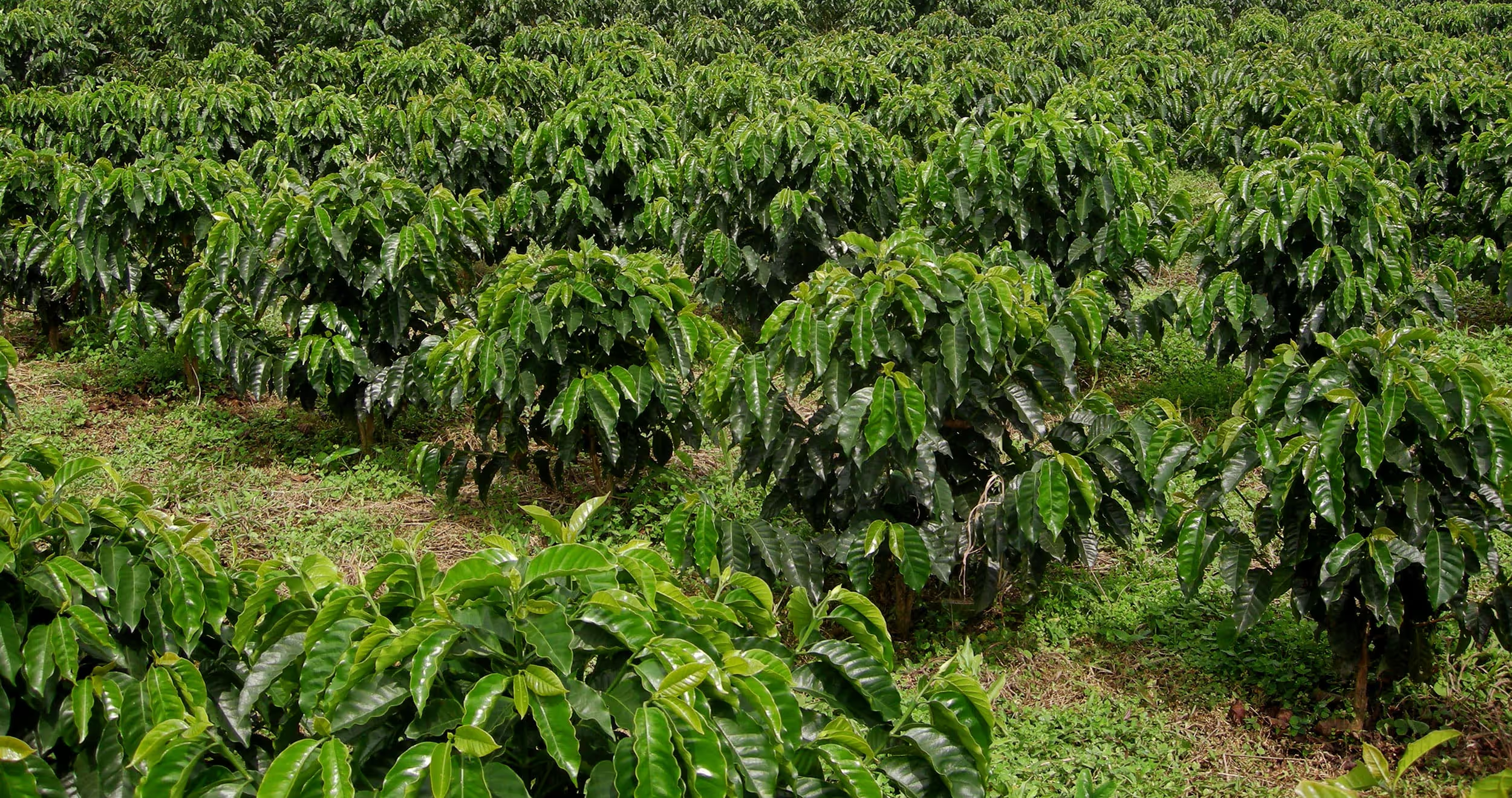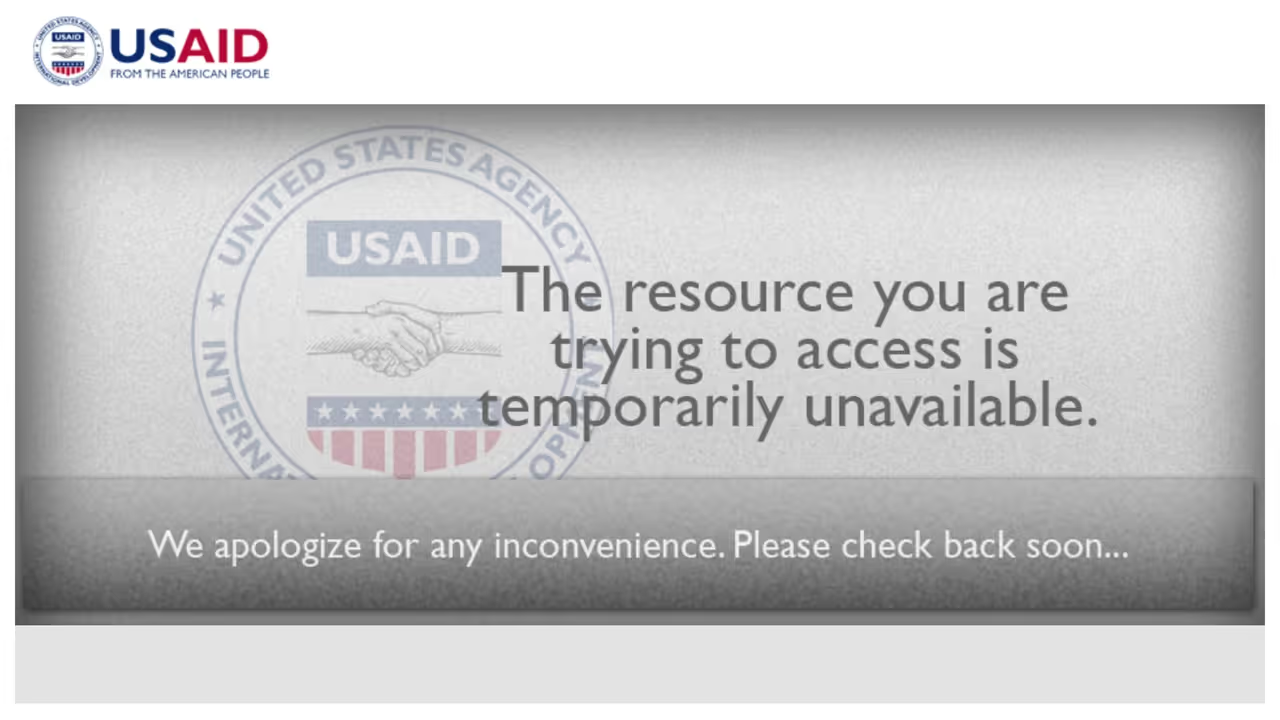
I got my start in coffee in 2004. It was a time of widespread hand-wringing about the price of coffee, thanks to a historic run of more than four years during which the coffee futures market traded below $1/pound. The economic losses and social dislocation caused by what was then called simply “the coffee crisis” devastated coffee communities around the world. Development agencies like the one I worked for launched a coordinated campaign to support coffee growers, seeing in Fair Trade Certification a convenient and impactful response to the crisis. My work included promotion of Fair Trade coffee consumption in the United States and helping growers in Nicaragua access Fair Trade markets.
The field work in Nicaragua was funded by a generous grant from the United States Agency for International Development, or USAID. It is an organization you may not have heard of until recent weeks, when it became a political flashpoint and the subject of breathless headlines in newspapers all over the world after its activities were suspended abruptly. The reaction has been particularly anguished overseas in places that have benefitted from more than a half-century of USAID investment. That’s because the CRS project I supported in Nicaragua more than 20 years ago was one of dozens of investments USAID has made over the past quarter-century in just about every country where coffee is grown.
Last week, Nick Brown at Daily Coffee News published this list of current USAID-funded work in the coffee sector jeopardized by the suspension of USAID activity and threatened closure of the agency. My search in recent days for details on past USAID-funded coffee projects led to dead ends like this one:

Even without digital access to the archives, however, I know that USAID’s coffee investment portfolio produces a long and impressive list of high-impact projects in the coffee sector, including what I consider to be the greatest of them all: the PEARL and SPREAD projects in Rwanda.
PEARL and SPREAD were the responses to the question USAID asked about how it might best help Rwanda rebuild after its 1994 genocide. Tim Schilling, who went on to establish World Coffee Research, led the design of the PEARL project, which in his retelling was simpler than he thought it would be.
Over a period of several weeks, he traveled to villages across the largely agriculture country to understand what people were growing and how USAID might support them. As he recalled to me, nearly every family he visited tended a small plot of coffee trees, which represented their most important source of income. Deciding what to focus on was easy: coffee was the primary economic activity for hundreds of thousands of families in a country beset by poverty. But it was the how that made all the difference.
The projects took a quality-first approach, mapping a path to the market for Rwandan coffee growers that led through improved post-harvest processing, professional sensory evaluation aligned with market preferences, and improved capacity for bringing all those improved coffees to market. Over just two project cycles, these USAID-funded activities effectively helped an entire country shift its coffee exports from the low-grade, low-value commercial segment of the market to the higher-quality, higher-value specialty segment, generating millions of dollars annually in increased coffee revenues for producers.
On PEARL and SPREAD, CQI supported larger organizations who were the prime implementers, complementing their work in agronomic assistance, organizational development, and market access with more specialized training in roasting, cupping, and post-harvest processing, certifying the country’s first Q Graders along the way.
Since then, USAID has invested hundreds of millions of dollars in the places where coffee is grown. CQI has had the honor of supporting much of that work. On dozens of USAID-funded projects, CQI has completed more than 400 separate activities in 30 coffee-growing countries around the world, including widely celebrated origins like Brazil, Colombia, Ethiopia, and Indonesia, and lesser-known ones like DRC, Myanmar, Timor-Leste, and Zambia. Many of you – CQI Coffee Corps volunteers and CQI Instructors – were part of that work and are part of this long tradition of USAID-supported work in the coffee sector.
USAID projects have involved collaboration with global coffee brands on the CQI Board like JDE Peet’s, Keurig Dr. Pepper (and previously Green Mountain Coffee), Nespresso, Neumann Kaffee Gruppe, and Starbucks; smaller operations committed to Fair Trade like Cooperative Coffees, Equal Exchange, and Thanksgiving Coffee; and enterprising cooperatives and private exporters investing in the communities where coffees is grown, like Boncafe (Honduras), JNP Coffee (Burundi), and UCIRI (Mexico) to name just a few.
We in good company among a diverse group non-profits selected by USAID to implement this work, including: ACDI/VOCA, Catholic Relief Services, Creative Associates International, Lutheran World Relief, Root Capital, TechnoServe, TetraTech, Winrock International, World Coffee Research, and others.
The suspension of activity at USAID has already begun to make itself felt in the places where coffee is grown. A permanent closure of USAID would represent an immeasurable loss for coffee. And coffee, of course, is just a small part of USAID's portfolio. It has invested vastly more in the agricultural systems around which local and regional diets and economies revolve – staple food crops, roots and tubers, ground nuts, fresh and processed fruits and vegetables, cacao-based agroforestry systems, spices, and much more. And that’s just agriculture. It says nothing of the agency’s investments in microfinance, HIV/AIDS prevention and treatment, community-based health, peacebuilding, WASH (water, sanitation, and hygiene), and life-saving emergency response.
Were there things development professionals like me would have liked to see USAID do differently? Sure. But is there any institution we are affiliated with that doesn’t have room for improvement?
Reform USAID, absolutely. Destroy USAID? No way.
Every day USAID is offline, urgent needs addressed go unmet, opportunities for human development don’t get seized, and people suffer who didn’t have to. We hope for a prompt return to operations for USAID.
In the meantime, we want to recognize the agency for its consistent leadership and thank it for both its generous support for CQI and its outsized contributions to building a coffee sector that creates opportunities for the most vulnerable people in the supply stream. We honor the commitment (and are grateful for the friendship) of the many international development professionals who have been fellow travelers in that work, intelligent, diverse, talented, and driven people willing again and again to work under difficult and even dangerous conditions in their commitment to advance the work of making coffee better. This work represents the best of all of us, a powerful expression of the spirit of solidarity of the people of the United States with the rest of the world.
--Michael Sheridan